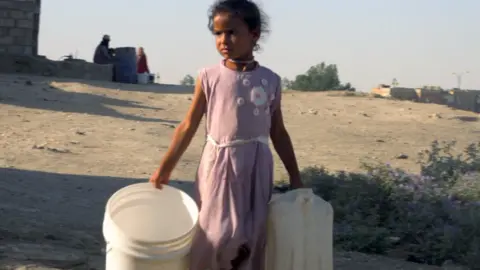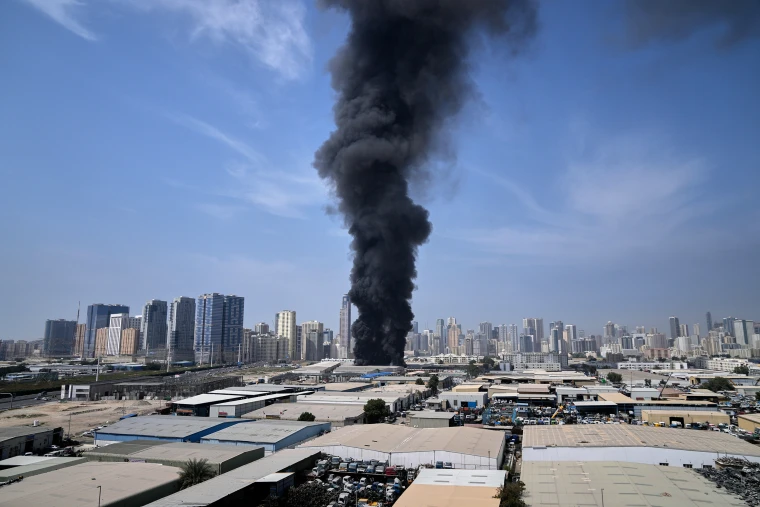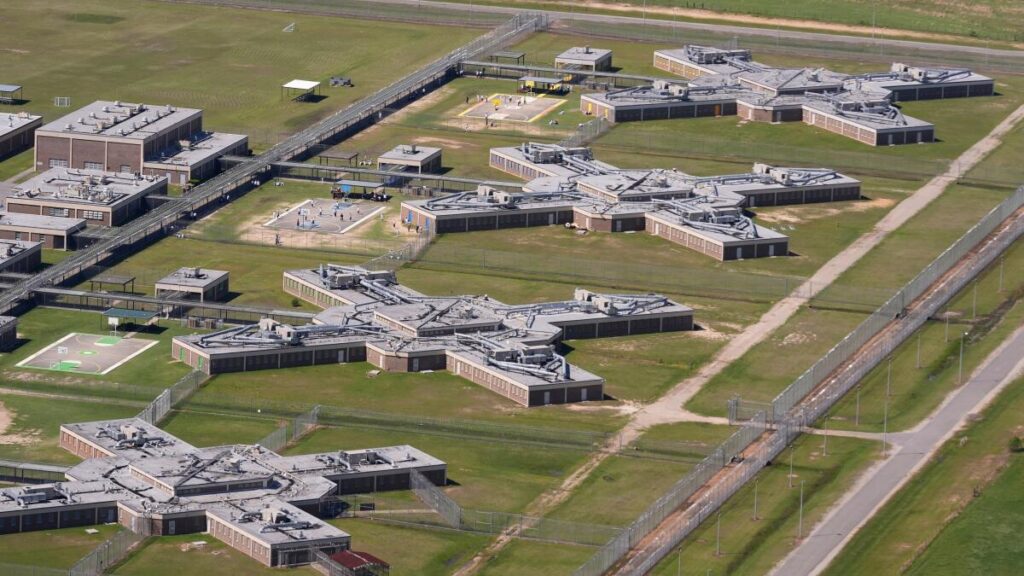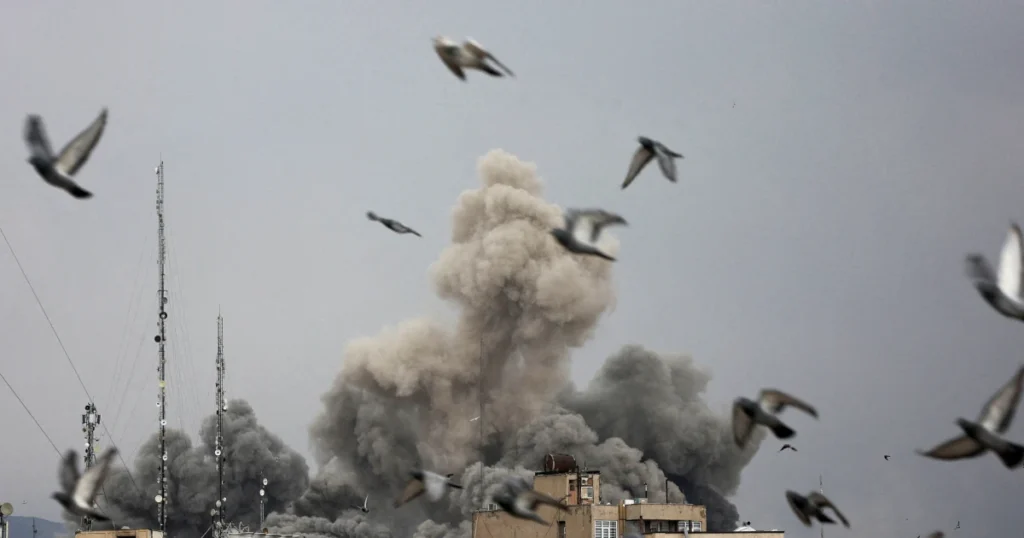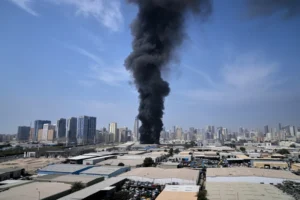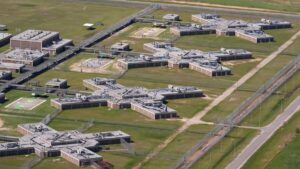Turkish airstrikes in northeastern Syria have disrupted access to electricity and water for over a million people, exacerbating the humanitarian crisis in a region already struggling with years of civil war and extreme drought, according to experts who suggest these actions may violate international law.
Between October 2019 and January 2024, Turkey launched over 100 attacks targeting oil fields, gas facilities, and power stations in the Kurdish-held Autonomous Administration of North and East Syria (AANES), according to BBC World Service data. These strikes have left the region without critical infrastructure, further straining access to water amid ongoing drought conditions worsened by climate change.
A key blow came in October last year when strikes on electrical infrastructure shut down the Alouk water station, a vital source of water for Hassakeh province. The station remains non-operational, forcing residents to rely on water deliveries from a pumping station located 12 miles away.
Turkey defended its actions, stating that its operations targeted the “sources of income and capabilities” of Kurdish separatist groups it deems terrorists. It acknowledged the region’s drought but attributed worsening conditions to poor water management and neglected infrastructure.
The AANES has accused Turkey of seeking to “destroy our people’s existence.” Residents in Hassakeh now face daily struggles to secure water. Hundreds of tanker deliveries prioritize schools, orphanages, and hospitals, but the supply is insufficient for all.
In Hassakeh city, residents are desperate. “Water is more precious than gold here,” said tanker driver Ahmad al-Ahmed. Some admit to fighting over supplies, with one woman threatening to puncture a tanker’s tires if denied water.
“Let me tell you frankly, northeast Syria is facing a humanitarian catastrophe,” said Yayha Ahmed, co-director of the city’s water board, highlighting the scale of the crisis as the region endures a deepening emergency.

